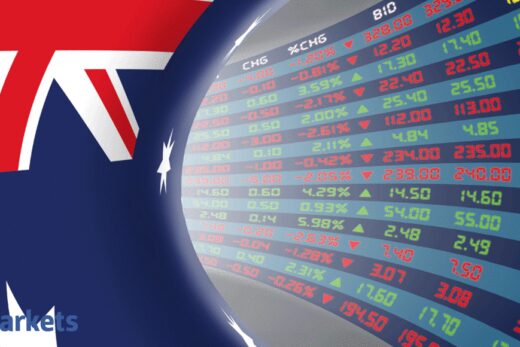The S&P 500 energy sector is down 12.3% for the quarter-to-date compared with a 3.7% gain for the S&P 500 , which stands near record highs. That contrasts with the sector’s performance in the first quarter of the year, when it zoomed 29.3% on expectations that a vaccine-fueled economic rebound will boost energy demand.
The decline, which has outstripped a 2% fall in the price of Brent crude, suggests some investors believe the U.S. economic recovery may have peaked in the face of a coronavirus resurgence, leading them to focus on a looming unwind of the easy money policies that have helped the S&P more than double since its March 2020 lows.
Other reopening plays such as airlines and hotels have also stumbled, as investors rotated back into the high-growth technology stocks that have led the markets for years. The S&P technology sector is up 6.8% this quarter.
“The rise of the number of cases of the delta variant has led to a resumption of the outperformance of stay at home defensive stocks like tech,” said Jeffrey Kleintop, chief global investment strategist at Charles Schwab. “You’re seeing reopening stocks underperform significantly.”
Investors will get additional readings on the health of the U.S. economy next week with the release of consumer price index figures, retail sales, and a measure of consumer sentiment.
For now, many are gauging to what degree a slowing economic bounce could impact asset prices.
Morgan Stanley cited concerns about slowing growth when it lowered its recommendation on U.S. equities in the past week, while economists at Goldman Sachs cut their estimate of U.S. economic growth in the third quarter to 5.5% from 9% in late August.
Those worries have weighed on energy stocks, with companies like Exxon Mobil Corp and Chevron Corp down more than 13% for the quarter-to-date.
“It’s definitely been a painful trade the last couple of months,” as investors moved out of crowded positions in energy stocks that rallied at the start of the year, said Garrett Melson, portfolio strategist for Natixis Investment Managers Solutions.
Some investors, however, remain bullish on energy out of expectations that eventual declines in coronavirus case counts will buoy economic growth.
Melson has been increasing his positions in energy stocks because believes that growth will continue to be comparatively robust, leaving the economy expanding at a level that will support oil prices.
Overall, price values in the energy sector appear to reflect oil prices at $50 per barrel, well below their current level of $72.50 for brent oil, said Ben Cook, a portfolio manager of the Hennessy BP Energy Transition Fund, who has been adding to his positions in large oil producers.
The mismatch, he believes, leaves “very little downside risk in the stocks once you start to see some relief from these fears that are permeating the sector.”
“As the global consumer reverts back to previous pattern of economic activity there will be a supply base that will have a tough time meeting demand,” Cook said.
The declines have also made some energy stocks much cheaper relative to their values earlier in the year. Exxon, for instance, now trades at a forward-price-to-earnings ratio of 12.6, compared to 30.9 in early March. The S&P 500, by comparison trades at a ratio of 22.
Still, energy stocks could continue to faltering the short-term should concerns over the Delta variant push back return-to-office dates for big companies and reduce demand for business travel, said Burns McKinney, a senior portfolio manager at NFJ Investment Group.
The sector also faces the prospect of tougher emission standards from the Biden administration and rising demand for electric vehicles, he added.
Instead of making a broad bet on energy, McKinney is focusing on companies that have recently raised their dividends, a sign that the corporations believe their balance sheets may be strong enough to weather a potential slowdown in the economy, he said.



